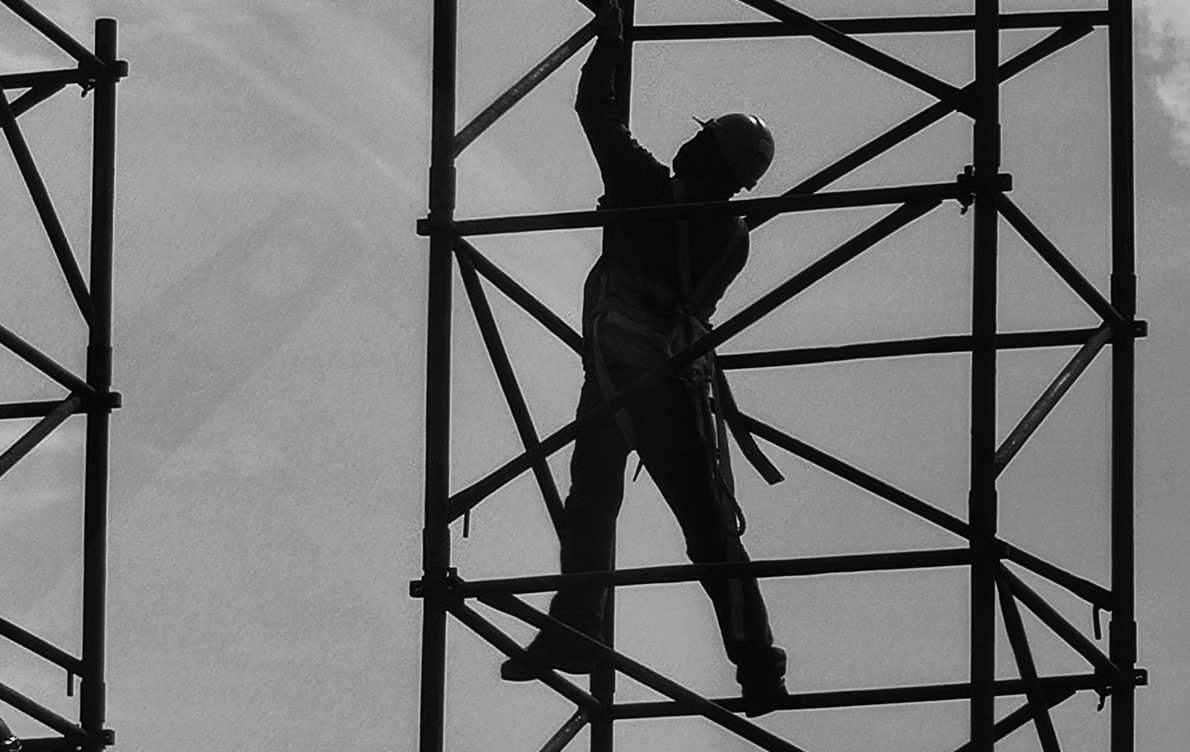Remote Notarization Takes Effect In New Jersey
A new law was recently signed by Governor Phil Murphy permitting “notarial acts” to be done remotely in New Jersey using “communication technology” during the ongoing State of Emergency in New Jersey as declared by the Governor under Executive Order No. 103. Notarial acts include: taking acknowledgments; administering oaths and affirmations; executing jurats or other verification; taking proofs of deed; and executing protests for non-payment.
During the State of Emergency, a duly licensed notary public or other officer to take oath, affirmations and affidavits authorized by statute (such as attorneys) may perform notarial acts using communication technology for someone not within the physical presence of the notary or officer (a “remotely located individual”) subject to the following conditions:
(1) if the notary public or officer:
(a) has personal knowledge of the identity of the individual appearing before the notary public or officer based upon dealings with the individual sufficient to provide reasonable certainty that the individual has the identity claimed;
(b) has satisfactory evidence of the identity of the remotely located individual (such as a passport, driver’s license, or government issued nondriver identification card, which is current or expired not more than three years before performance of the notarial act) by oath or affirmation from a credible witness appearing before the notary public or officer; or
(c) has obtained satisfactory evidence of the identity of the remotely located individual by using at least two different types of “identity proofing” (defined by the statute to be a process or service by which a third person provides a notary or officer with a means to verify the identity of a remotely located individual by a review of personal information from public or private data sources);
(2) if the notary public or officer is reasonably able to confirm that a record before the notary public or officer is the same record in which the remotely located individual made a statement or on which the remotely located individual executed a signature; and
(3) if the notary public or officer is able, or a person acting on their behalf, creates an audio-visual recording of the performance of the notarial act.
If a notarial act is performed in this manner, the notary’s certification must indicate it was performed using “communication technology,” which the statute defines as an electronic device or process that allows a notary public or officer to take acknowledgements and a remotely located individual to communicate with each other simultaneously by sight and sound. The Facetime feature on an iPhone or an online meeting via Zoom would appear to qualify as “communication technology.”
Important to note is the requirement that the audio-visual recording referred to above must be retained for a period of at least 10 years after the recording is made, unless a different period is required by rule adopted by the State Treasurer who has discretion under this law to adopt rules to implement remote notarization.
This law does not apply to a record to the extent it is governed by: (a) the New Jersey UCC (other than certain specified provisions regarding sales and leases governed by the UCC); or (b) a statute, regulation or other rule of law governing adoption, divorce or other matters of family law.
An important note: this law is temporary in nature as it expires at the end of the State of Emergency upon rescission of Executive Order No. 103 by the Governor.
As the law continues to evolve on these matters, please note that this article is current as of date and time of publication and may not reflect subsequent developments. The content and interpretation of the issues addressed herein is subject to change. Cole Schotz P.C. disclaims any and all liability with respect to actions taken or not taken based on any or all of the contents of this publication to the fullest extent permitted by law. This is for general informational purposes and does not constitute legal advice or create an attorney-client relationship. Do not act or refrain from acting upon the information contained in this publication without obtaining legal, financial and tax advice. For further information, please do not hesitate to reach out to your firm contact or to any of the attorneys listed in this publication.
No aspect of this advertisement has been approved by the highest court in any state.
Results may vary depending on your particular facts and legal circumstances.
As the law continues to evolve on these matters, please note that this article is current as of date and time of publication and may not reflect subsequent developments. The content and interpretation of the issues addressed herein is subject to change. Cole Schotz P.C. disclaims any and all liability with respect to actions taken or not taken based on any or all of the contents of this publication to the fullest extent permitted by law. This is for general informational purposes and does not constitute legal advice or create an attorney-client relationship. Do not act or refrain from acting upon the information contained in this publication without obtaining legal, financial and tax advice. For further information, please do not hesitate to reach out to your firm contact or to any of the attorneys listed in this publication.
Join Our Mailing List
Stay up to date with the latest insights, events, and more





